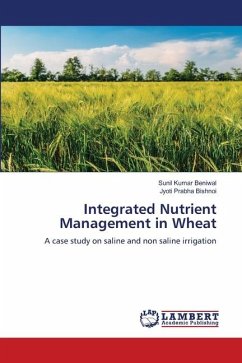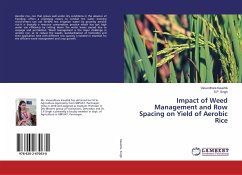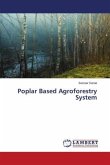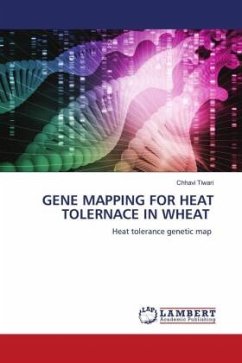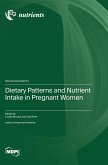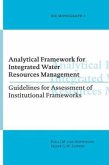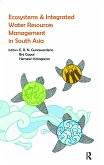Wheat (Triticum Spp.) has been described as "Staff of life or king of cereals" and one of the most important staple food crop. Wheat has its own outstanding importance as a human food; it is rich in carbohydrates and protein. A case study was conducted during rabi seasons on "Integrated nutrient management in wheat (Triticum aestivum L.)". The experiment results showed that effective tillers/mrl, ear head length (cm), number of grains/spike, grain, straw and biological yields (q/ha) were significantly higher in canal water as compared to saline water. Number of effective tillers/mrl, number of grains/spike, grain, straw and biological yields (q/ha) were maximum in Azotobacter ST3 and Pseudomonas P36 + vermicompost @5 t/ha and minimum in no inoculation treatment. Application of 125% RDF, being statistically at par with 100% RDF, produced significantly higher number of effective tillers/mrl, grains/spike, grain, straw and biological yields (q/ha) than 75% RDF.

